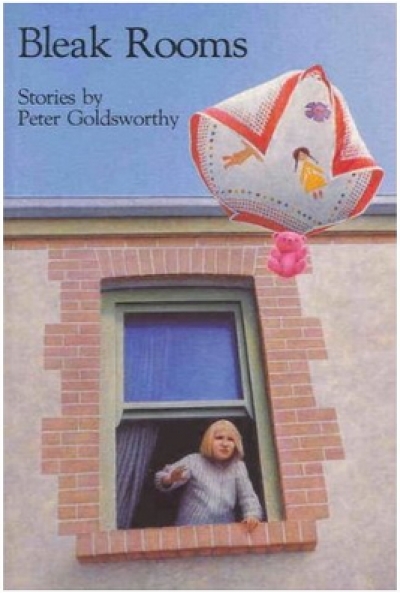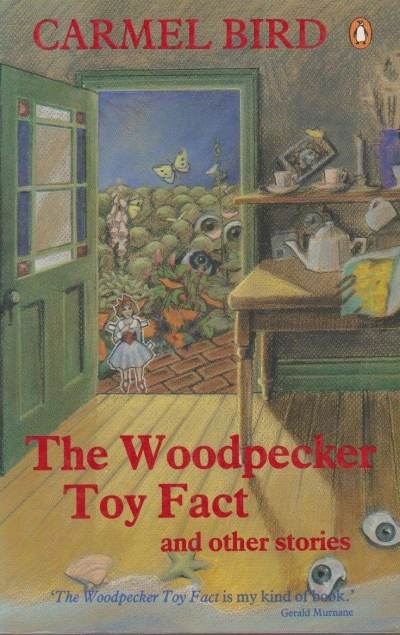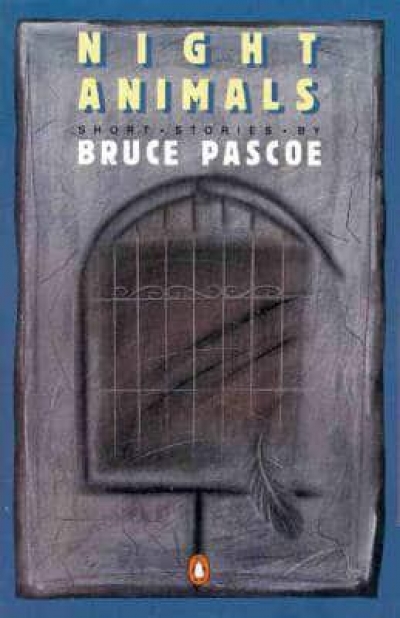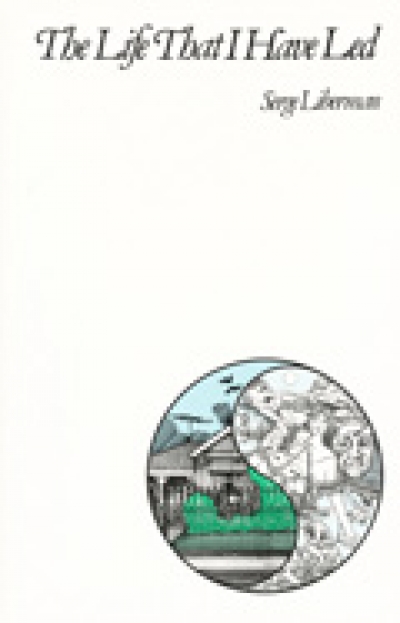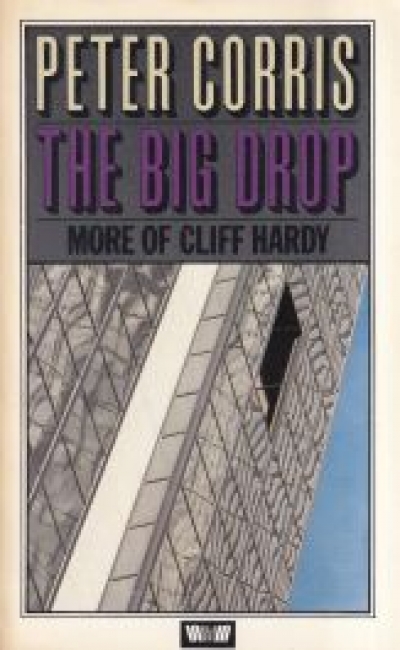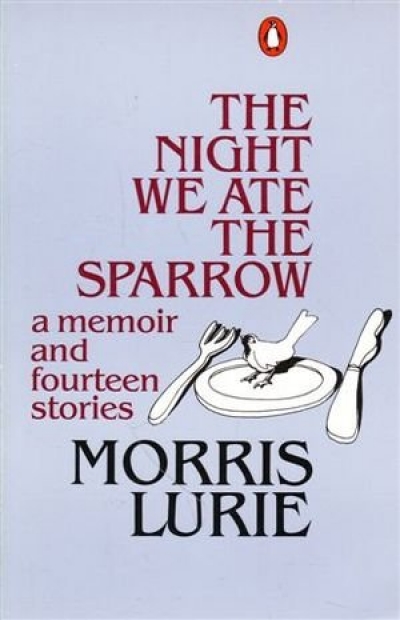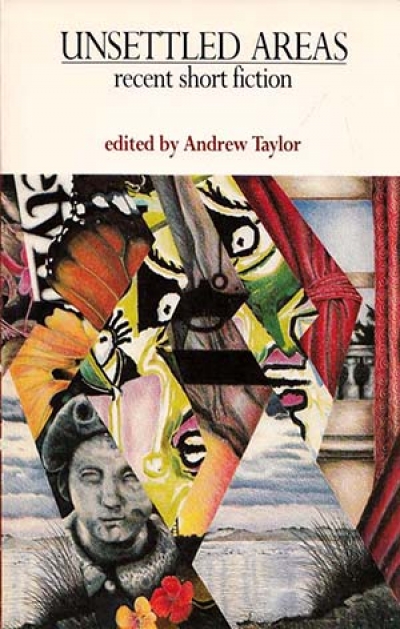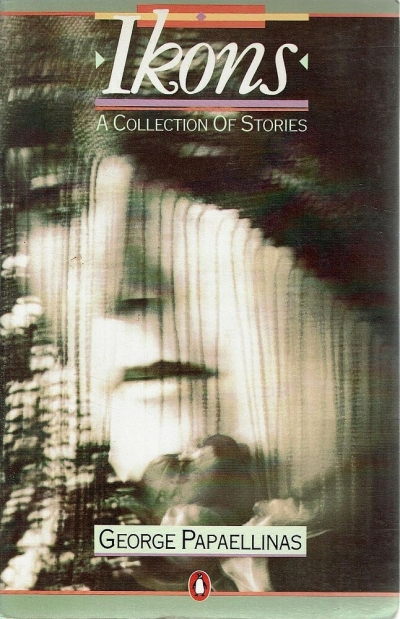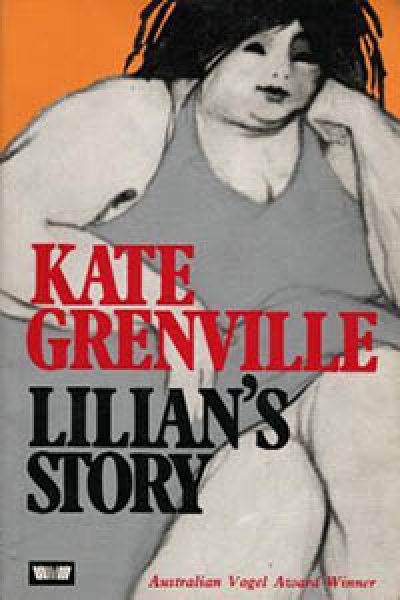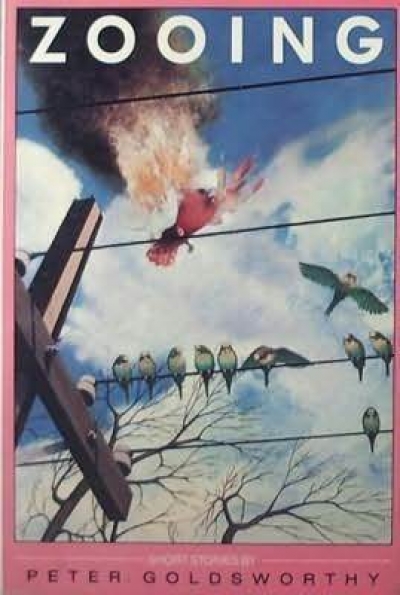Welcome again to Morris Lurie’s global village: Melbourne, Paris, New York, London, Tangier, Tel Aviv, Melbourne again, London. Lurie is one of our most reliable entertainers, but he is also, in the recesses of his stories, a chronicler of inner loneliness. The round world for him is signposted with stories; as one of his characters says, ‘everything is a story, or a prelude to a story, or the aftermath of one.’ The sheer variety of narrative incidents and locales in this collection is, as usual with him, impressive in itself. His characters play hard with experience in those bright or familiar places, a Tangier of easy living and surprising acquaintances, a London of the sixties fierce with contrasts. Yet finally they are always partly detached from it all and able to set themselves free, curiously able to resume the role of spectator of life. Many of Lurie’s characters give the initially disconcerting impression of possessing that ultimate detachment of a certain kind of writer, even when, as is usually the case, they are not actually cast as a writer or artist.
...
(read more)

